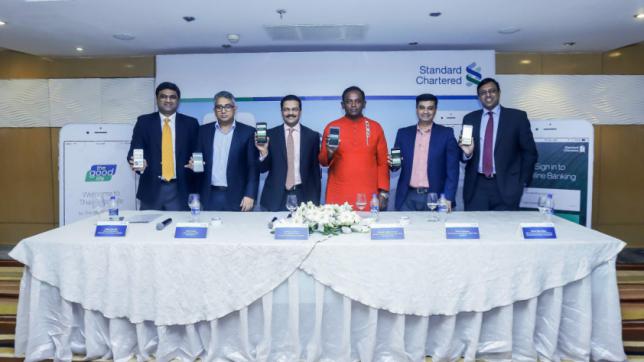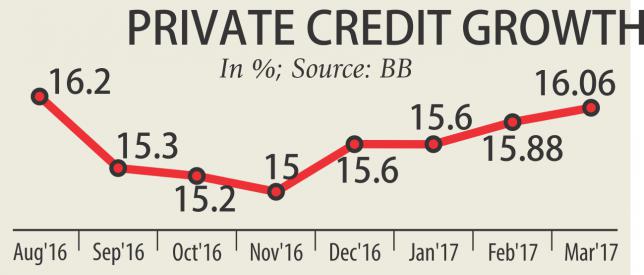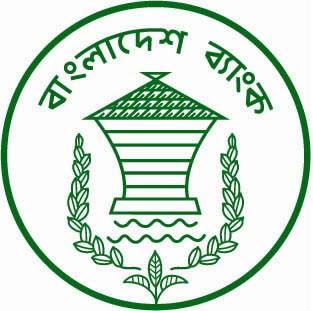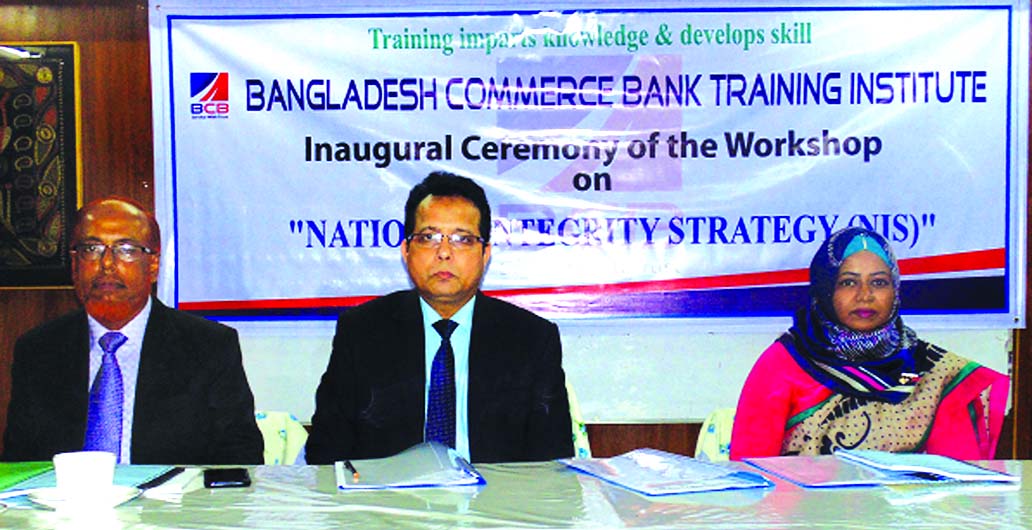Standard Chartered Bangladesh has launched two mobile phone applications to expand its retail banking services across the country.
The foreign bank, which has pioneered modern banking in the country, introduced the apps -- 'SC Mobile Bangladesh' and 'Good Life' -- at an event at Westin Dhaka on Sunday.
The SC Mobile Bangladesh app will allow account-holders to do their banking from home or any other place, even sitting in a car, said Abrar A Anwar, chief executive officer of SCB.
Banking on a mobile platform is the thing for the future, he added. “So, the convergence of financial services and technology is a must. I will not be surprised if people stop visiting banks in the future.”
“Given anything and everything that is now happening through mobile phones, banks have no other option but to collaborate with telecom platforms.”
Through the SC Mobile Bangladesh app, people can easily do regular banking activities, starting from bill payments to downloading statements.
At present, 80 percent of SCB online banking is taking place through mobile phones, according to Anwar. “New customers are more tech-savvy. So, probably 10 years down the line, many people will not come to the banks.”
The banker called upon the telecom operators and banks to work together to make banking services more accessible for clients.
“This is the right time to introduce these applications which have features that will make clients' lives easier,” said Aditya Mandloi, head of retail banking of SCB.
He said the Good Life app allows customers to get information about their nearest restaurants and shops.
Through the app, clients can access privileged services at over 3,000 outlets in Bangladesh, Singapore, Hong Kong, Malaysia, Thailand, Brunei, the United Arab Emirates, Sri Lanka, Indonesia and Vietnam.
Mahtab Uddin Ahmed, chief executive of Robi, said the country is going to be cashless, and no one can imagine right now what will happen by 2020.
“Massive changes are happening in the developed world and it will hit Bangladesh as well. In countries such as Japan and South Korea, no one uses even plastic cards; they use their mobile phones to transfer money and buy products,” said Ahmed.
Yasir Azman, acting chief executive of Grameenphone, said, “We, as an industry, should push the regulators to come together to create a common platform so that we can work together.”
Taimur Rahman, chief corporate and regulatory affairs officer at Banglalink, said 90 percent of brick-and-mortar branches of banks in Norway have closed in the last five years as banks have gone digital.
“The same is happening in India.”
Anwar of SCB said there has not been significant innovation in the banking sector for the last one century. On the other hand, a lot of innovations have taken place in the telecom sector in the last one decade.
“So, collaboration between the two sectors is essential for innovation of the banking sector.”
In 2004, Standard Chartered became the first bank in Bangladesh to introduce online banking. It was also the first bank to launch ATMs, debit cards, credit cards, international debit cards and Shariah-compliant credit cards in the country.
Naser Ezaz Bijoy, head of global banking at SCB, also spoke on the occasion.
news:daily star/3-may-2017





 Economic Reporter :
Economic Reporter : Kazi Md Rezaul Karim, Deputy Managing Director of
Kazi Md Rezaul Karim, Deputy Managing Director of